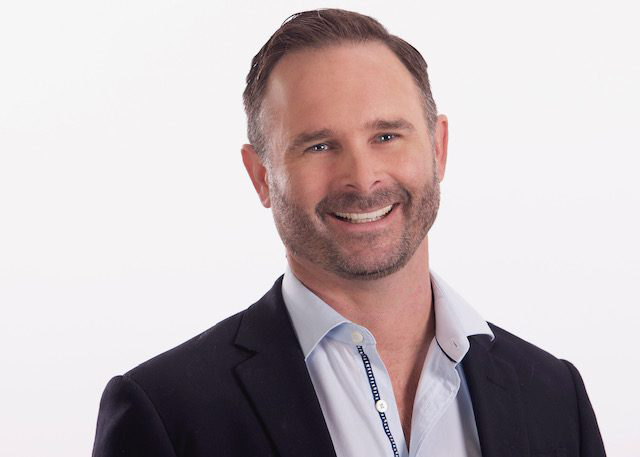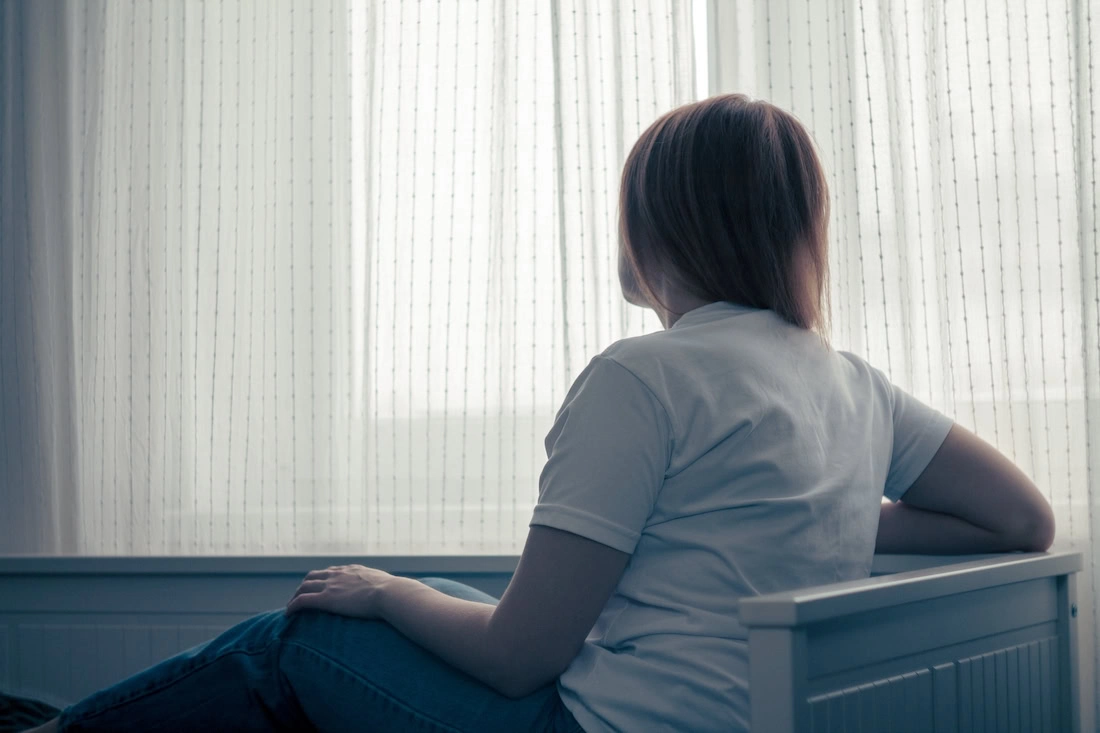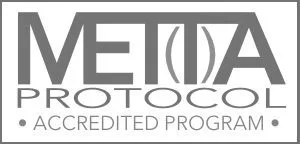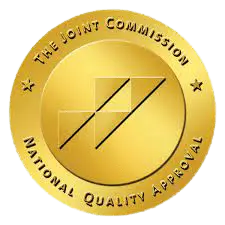Have you or a loved one been diagnosed with a substance use disorder and an additional mental illness? Have no fear; this, unfortunately, is common. Statistics indicate that 7.7 million people have co-occurring mental health and substance use disorders.
But that leaves many open questions: can a co-occurring disorder be effectively treated? What does treatment for a co-occurring disorder look like? Are any mental illnesses more likely to be co-occurring?
Treatment centers like SEE Purpose: Center for Addiction Treatment are equipped with specially trained technicians who are familiar with treating dual-diagnosis disorders.
Can a Co-Occurring Disorder Be Effectively Treated?
Yes, it can.
While initially, doctors thought the best way was to treat the disorders separately, they have come to realize that the best treatment for co-occurring disorders happens simultaneously in a controlled environment.
However, the statistics have not historically been in favor of both. According to DrugAbuse.gov, 52.5% of people did not receive treatment for their mental illness or substance use disorder. And only 9.1% of people received treatment for both. In cases where individuals sought treatment for one or the other, both had top reasons including insurance and cost followed by not being sure where to go and falling after not being ready to stop using.
What Does Treatment for Co-Occurring Disorders Look Like?
Treatment for a co-occurring, or dual-diagnosis, disorder is similar to treatment for a substance use disorder with several additional features. Co-occurring diagnosis starts with detoxification from all medications. This process can take longer, but it is important to access medically monitored detox so that someone can support you through medication management of required prescriptions.
Following detox, residential inpatient rehabilitation is recommended to support and regulate the body and schedule after illicit drug use or over medication. Through this addiction treatment and rehabilitation process, clients can access individualized treatment specific to their mental illness in addition to the therapies available for addiction.
Common treatment plans often include behavioral therapies. Behavioral therapies identify and help change self-destructive or unhealthy behaviors. Common behavioral therapies for co-occurring disorders include, Cognitive Behavioral Therapy, Dialectical Behavior Therapy, Assertive Community Treatment, Therapeutic Communities, and Contingency Management. Therapies for children and adolescents include Brief Strategic Family Therapy, Multidimensional Family Therapy, and Multisystemic Therapy.
Aftercare can also look different for a co-occurring disorder. Rehabilitation facilities might recommend a sponsor or living with someone who can support medication management and regulate a schedule that works for you.
What Are the Most Common Co-Occurring Mental Illnesses?
Some of the most common co-occurring mental illnesses are anxiety and mood disorders, schizophrenia, bipolar disorder, major depressive disorder, conduct disorders, post-traumatic stress disorder, and attention deficit hyperactivity disorder.
Can SEE Purpose: Center for Addiction Treatment Help?
SEE Purpose is a state-of-the-art rehabilitation facility that supports co-occurring disorders and promotes holistic healing and wellness for all. Our client’s health and well-being are our priority.
At SEE Purpose, we focus on the individual needs of each of our clients. By creating a tailored treatment program, we can support our clients through detoxification, medication management, and residential treatment to support their substance use disorder or their co-occurring disorder. By taking the time to connect with our clients, we can offer compassionate and supportive care through the treatment process.
The residential inpatient treatment program at SEE Purpose: Center for Addiction Treatment offers traditional evidence-based therapies, and unique alternative therapies to encourage and support holistic healing of the mind, body, and spirit. Through the incorporation of many treatment styles, you can be sure that our rehabilitation center will meet your needs.
In a luxury, rural setting our treatment facility offers residential care, housing clients in private and semi-private rooms. Recreation areas include a common area, pool, and kitchen.
Contact SEE Purpose: Center for Addiction Treatment today to see how we can support your co-occurring disorder.

